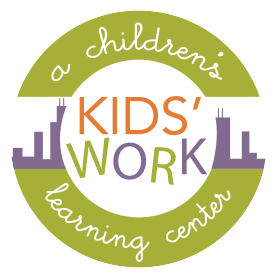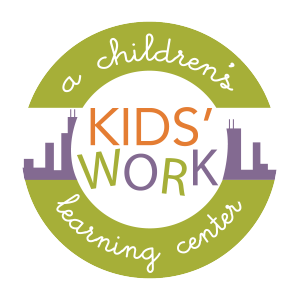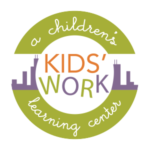The first year of a baby’s life is an incredible and amazing time of growth and development for a newborn – and its parents!
Milestones are fun and useful ways to keep track of an infant’s development in major areas such as Motor Skills, Speech/Language, Vision/ Hearing, and Social/Emotional development. It’s a wonderful experience for new parents to get to watch their little one growing in all these areas as they go from helpless newborn to engaged infant.
These milestones can also give important information during a child’s early development. Early detection and intervention of developmental delays are important for addressing underlying issues, but that said, every baby is different, and there are large ranges of time that can be considered “normal” for a child to reach or stay at various milestones. For example, some children may start walking as early as 8 months, while others won’t walk until 18 months, but both are considered normal. You can consult your pediatrician for specific ranges that are typical if you have questions or concerns about your child.
This list is a rough timeframe of when babies often begin hitting various milestones, but is intended only to give a very general idea of what you might experience with your baby, rather than precise guidelines. Your pediatrician can help determine if your baby is experiencing any actual delays during well visits and how best to address them in individual cases.
Newborn (Birth-1 month)
Newborns, as you might notice with the all-night feeding schedule, have no sense of day or night. Most of what they do is reflexive and automatic, such as mouthing, grasp, and startle reflexes. When you touch a newborn’s mouth or lips, they will automatically begin sucking. If you touch his or her cheek, they will turn toward the hand in a “rooting” reflex, which helps the baby find the nipple for feeding.
Similarly, newborns will grasp an object placed in the palm of the hand in a grasp reflex.
In the startle reflex, a baby’s legs and arms will extend away from the body if he or she hears a loud noise, or if something else startles him or her, like falling backward.
A newborn will look at faces and objects, but focuses on things only about 8-12 inches away.
1-3 months
The baby will probably start cooing and starting to smile at parents around 1.5 months, and enjoys looking at new faces. It can hold its head erect and steady when held upright. He or she might start following a moving object with its eyes. Initially, when babies are on their stomachs they can only keep their head up for a few seconds, but the muscles are strengthened every time the head is held up. By 3 months, babies can typically support their head and chest up to their forearms when they are on their stomachs.
There is typically no need to stress if your child seems to be on the slower end of reaching these or other “milestones”, but if you ever have concerns about your baby, contact your pediatrician for more information.





